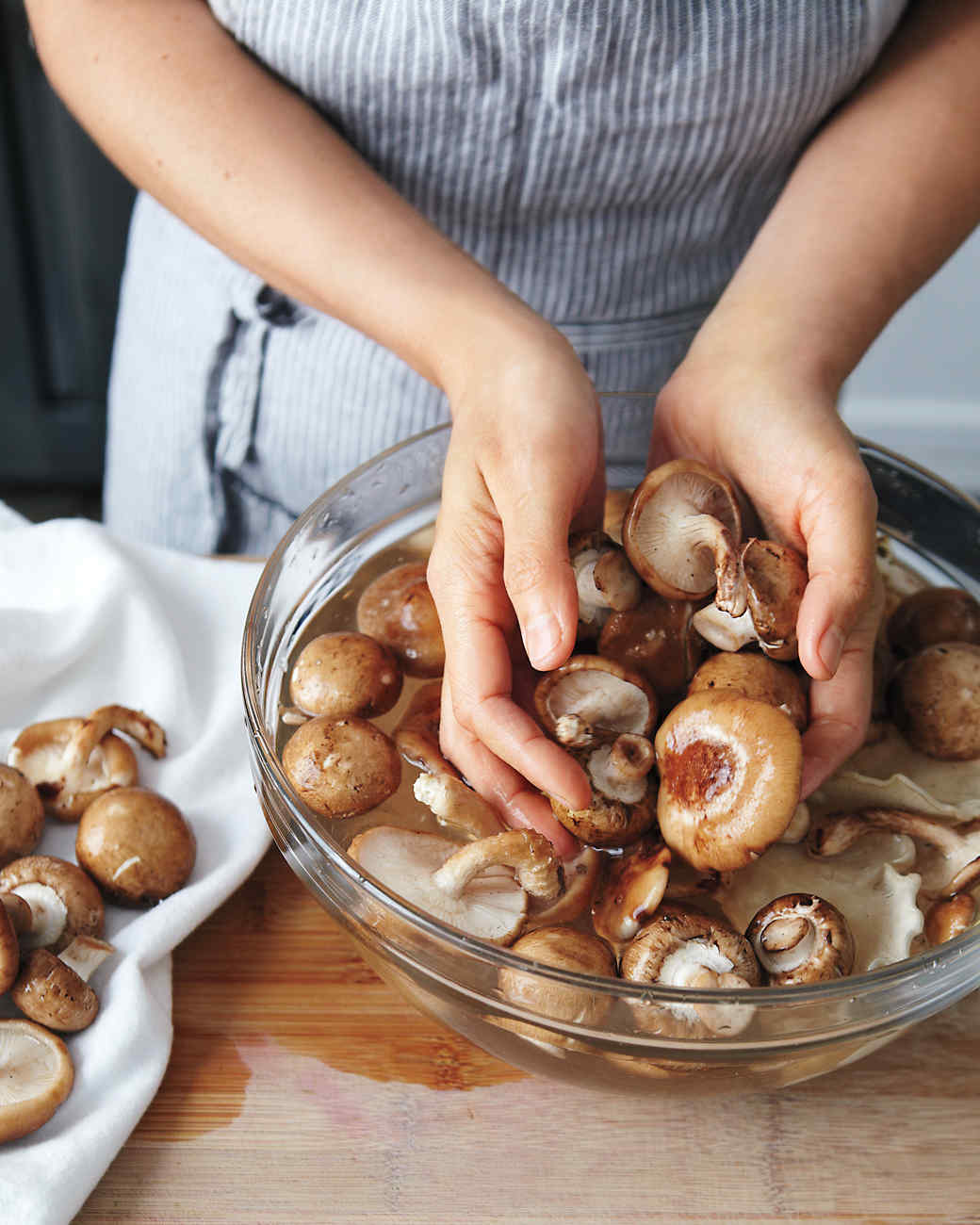A Japanese study shows that regularly eating mushrooms can prevent prostate cancer
A new study published in the International Journal of Cancer found an inverse relationship between mushroom consumption and the development of prostate cancer among middle-aged and elderly Japanese men. This suggests that regular mushroom intake might help to prevent prostate cancer.
A total of 36,499 men, aged 40 to 79 years who participated in the Miyagi Cohort Study in 1990 and in the Ohsaki Cohort Study in 1994 were followed for a median of 13.2 years. During follow-up, 3.3% of participants developed prostate cancer. Compared with mushroom consumption of less than once per week, consumption once or twice a week was associated with an 8% lower risk of prostate cancer and consumption three or more times per week was associated with a 17% lower risk.
Prostate cancer ranks as the second‐most frequent cancer and the fifth leading cause of cancer death in men. Although there is no sure way to prevent prostate cancer, maintaining healthy eating habits is advisable
“Since information on mushroom species was not collected, it is difficult to know which specific mushroom(s) contributed to our findings. Also, the mechanism of the beneficial effects of mushrooms on prostate cancer remains uncertain,” said lead author Shu Zhang, PhD, of the Tohoku University School of Public Health, in Japan.
According to Global Cancer Statistics 2018, prostate cancer ranks as the second‐most frequent cancer and the fifth leading cause of cancer death in men. Although there is no sure way to prevent prostate cancer, maintaining healthy eating habits (e.g., consuming more vegetables and fruits) has been suggested as an approach that might lower the risk of prostate cancer.
Mushrooms have a long history of being consumed as food and used in Asian medicines. However, research on the health effects of mushrooms has only emerged and been developed in recent decades.
“In conclusion, the present prospective cohort study with long‐term follow‐up observed an inverse relationship between mushroom consumption and incident prostate cancer among 36,499 middle‐aged and elderly Japanese men. This finding suggests that habitual mushroom intake might help to reduce prostate cancer risk. Further studies in other populations and settings are required to confirm this relationship,” the study concluded.
